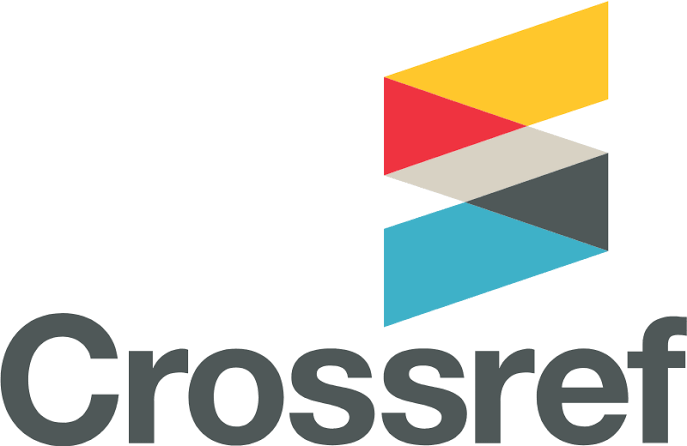PUBLIC DEBT AND ECONOMIC GROWTH IN NIGERIA (1980-2020)
DOI:
https://doi.org/10.59795/m.v7i2.148Abstract
This research analyzes how public debt affects economic growth in Nigeria, specifically focusing on the impact of public debt on government revenue, public spending, inflation, and interest rates, using available data spanning from 1981 to 2022. It conducts multiple regression analysis to assess the impact of public debt on these variables in the short and long run. The findings suggest that public debt has a considerable positive impact on government revenue and public spending, which subsequently contributes to economic growth in Nigeria in the long run and short run, while having considerable negative impacts on inflation and interest rates. This analysis highlights the detrimental impact of public debt on public expenditure, enduring revenue generation, and the subsequently uncontrolled inflation and interest rates which dampens economic stability and economic development in Nigeria. In light of the findings, the study proposes among other things that government economic policies should focus on boosting revenue, enhancing efficiency in expenditure administration, and controlling inflation and interest rates so as to sustain economic growth.
Downloads
Published
How to Cite
Issue
Section
License
Copyright (c) 2025 Multi-Disciplinary Research and Development Journals Int'l

This work is licensed under a Creative Commons Attribution-NonCommercial-NoDerivatives 4.0 International License.












